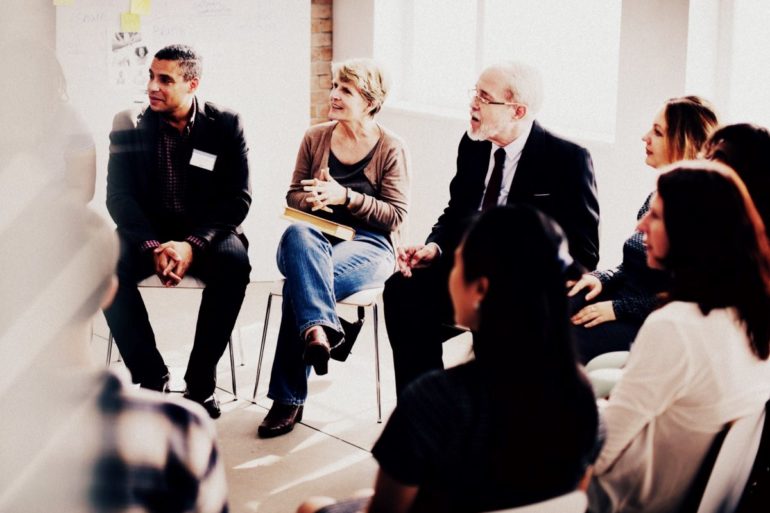For some people, neither the carrot nor the stick will serve as a motivational tool
Psychological scientists have found that the size of different parts of people's brains correspond to their personalities; for example, conscientious people tend to have a bigger lateral prefrontal cortex, a region of the brain involved in planning and controlling behavior.
People who look at the past through rose-tinted glasses are happier than those who focus on negative past experiences and regrets.
Extraversion does not just explain differences between how people act at social events. How extraverted you are may influence how the brain makes choices -- specifically whether you choose an immediate or delayed reward, according to a study.
Do peoples’ personalities change after 30?





